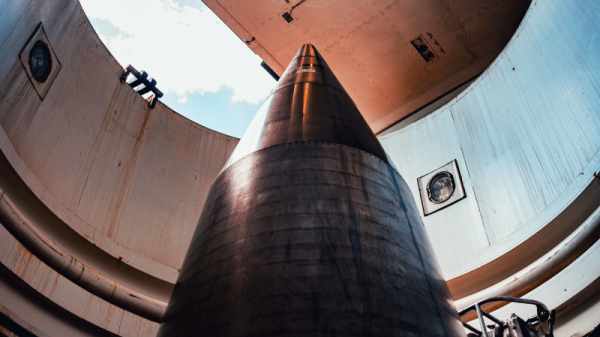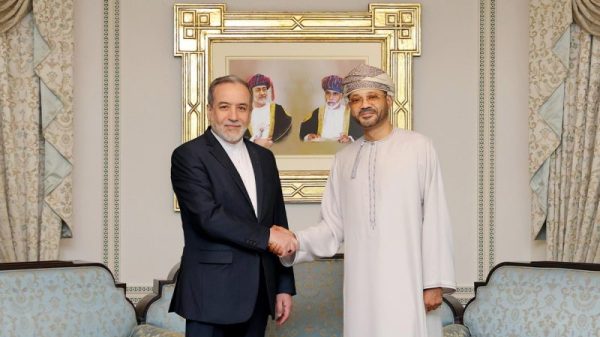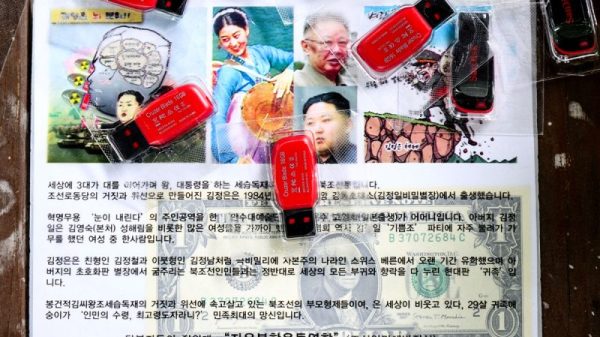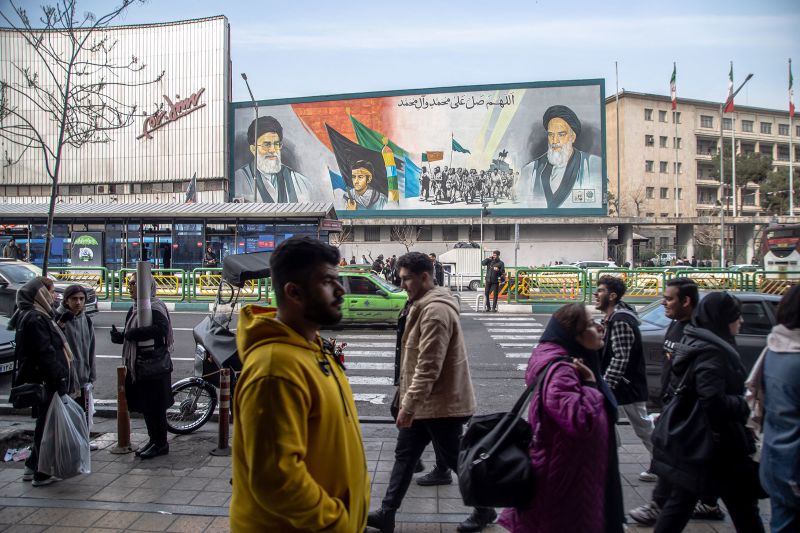As US President Donald Trump weighs joining Israel’s assault on Iran, questions are mounting over whether such an intervention could trigger regime change in Tehran – an outcome that risks splintering the country and sending shockwaves across the region.
Home to long-simmering separatist movements that have vied for power and independence, Iran could face internal fragmentation and chaos if its government falls, experts warn.
After reportedly rejecting an Israeli plan to kill Ayatollah Ali Khamenei, Trump stated this week that Iran’s Supreme Leader is an “easy target.”
“We know exactly where the so-called ‘Supreme Leader’ is hiding,” Trump wrote in a Truth Social post on Tuesday. “He is an easy target but is safe there – We are not going to take him out (kill!), at least not for now.”
Israeli Prime Minister Benjamin Netanyahu has not ruled out targeting Khamenei either, saying that the death of the Supreme Leader is “not going to escalate the conflict, it’s going to end the conflict.”
On Thursday, Defense Minister Israel Katz went further, declaring that Khamenei cannot be allowed to “continue to exist” after an Iranian missile struck a hospital in Israel.
Iran is a nation of more than 90 million people and home one of the world’s oldest continuous civilizations. Its borders have remained more or less stable for about 100 years. The Islamic Republic has managed to preserve those frontiers despite a diverse population of ethnic and religious groups, many of whom have sought autonomy at various points.
But the comments from Israeli and US officials have prompted speculation over what Iran might look like if Khamenei is killed – with experts warning that the country could face a range of scenarios, including regime collapse or even civil war.
Why regime failure in Iran may lead to chaos
The 86-year-old cleric has ruled Iran for more than 35 years as its highest authority, rising to power a decade after the 1979 Islamic Revolution overthrew a US-backed monarch.
Over the years, he consolidated power and ruled with an iron grip under strict Islamic law. He crushed wave after wave of protests demanding social freedoms – each with increasing ferocity – and expanded Iran’s reach far beyond its borders through a network of proxy militias.
With his fate in question, attention is turning to who might succeed him, and how that uncertainty could unleash greater unrest.
The Supreme Leader is elected by the 88-member Assembly of Experts for life and doesn’t officially name a successor. It is unclear who might replace Khamenei, but that process may take place as separatist groups who have long resented the Islamic Republic seek to take advantage of what they may see as an opportunity.
Israel has already killed several of Iran’s key military figures, and experts say that the regime is now at its weakest.
Trita Parsi, executive vice president of the Quincy Institute in Washington, DC, said that regime change would require Israel or the United States having a figure in mind to replace Khamenei and send troops to the country.
The figure Israel is likely to favor is Reza Pahlavi, the US-based son of the deposed Iranian monarch who was ousted in 1979. Pahlavi has voiced support for Israel’s actions, drawing praise from some in the Iranian diaspora and accusations of betrayal from many others.
“Soon in Tehran,” Israeli Minister of Diaspora Affairs Amichai Chikli posted on X on Friday, along with a picture of himself shaking hands with a smiling Pahlavi. Pahlavi told BBC News on Sunday that Israel’s conflict with Iran was an opportunity to bring down the Iranian regime.
If the Supreme Leader is killed and the Guardian Council delays naming a successor, the risk of instability could grow, experts say.
A possible outcome of Khamenei’s potential killing is total regime collapse, Parsi said.
Several scenarios could ensue if the Iranian regime falls, none of which is expected to be to the liking of the US or neighboring states, experts said.
Hamed Mousavi, associate professor of International Relations at the University of Tehran, warned that military intervention “rarely leads to democratization.”
One outcome could be that other elements in the Iranian military assume power. They are unlikely to seek diplomatic routes with Israel or the US, but could take a more hawkish approach that sees possession of a nuclear bomb as the only deterrent to more attacks, Parsi said.
Military factions that could take over are “not going to be the type of regime that the US may have had in mind,” Parsi said.
Another possible scenario is descent into chaos, as Iran’s multiple ethnic groups vie for power.
Iran’s fractious social fabric
Iran has a diverse population, including Persians, Azeris, Arabs, Baloch and Kurds. Under Khamenei’s decades-long rule, the Islamic Republic largely managed to contain civil and ethnic unrest, despite the mistreatment faced by some groups.
Minorities faced discrimination in “their access to education, employment, adequate housing and political office,” according to Amnesty International last year. “Continued underinvestment in regions populated by ethnic minorities exacerbated poverty and marginalization,” it said.
Azeris make up around 16% of Iran’s overall population, according to Minority Rights Group. The Shiite group is the largest and most well-integrated minority in the Islamic Republic but has nonetheless faced inequity.
Arabs constitute up to 4 million people, and they have also been subjected to marginalization over the years.
A group of tribes speaking the Balochi language, the Baloch people make up nearly 5 million of Iran’s population. The predominantly Sunni group extends into neighboring Pakistan and Afghanistan, raising the possibility of separatist conflict spilling over the borders.
The “Army of Justice” organization, a Baloch Sunni militant group, has shown support for Israel’s strikes on Iran, saying in a statement: “It is clear that the current attack is not on Iran, but on the Velayat-e-Faqih (ruling) regime , it is God’s will that the ground has been prepared for us, the people of Iran, to make the best use of this vacuum.”
Kurds make up some 10% of Iran’s population and are mostly settled along the borders with Iraq and Turkey. They have been subject to “deep-rooted discrimination,” Amnesty said.
The Kurdistan Freedom Party, a nationalist and separatist militant group in Iran, published a statement backing Israel’s strikes, saying it supports “the process of destroying Iran’s military and security capabilities.”
A Kurdish rebellion in Iran would also be a major concern for neighboring Iraq and Turkey, both of which have large Kurdish minorities that have sought independence.
Another exiled group that has garnered support from US conservatives is the Mujahadin-e Khalq (MeK), a shadowy dissident group that was once a US-designated terrorist organization but today counts prominent anti-Iran politicians as key allies. Iran accuses it of terrorism, saying it carried out a series of attacks in the 1980s. The MeK denies those charges.
It is one of the best-organized opposition groups confronting the Islamic Republic, but it has little support among Iranians, largely due to its violent past and for having supported Iraqi President Saddam Hussein during his almost decade-long war with Iran.
If Iran’s regime falls, “there would be support for ethnic separatist groups by the Israelis, and perhaps the US,” Parsi said. This would lead to a situation where remnants of the state are going to be consumed with fighting separatists.
Fatemeh Haghighatjoo, executive director of the Nonviolent Initiative for Democracy and a former Iranian lawmaker who opposes the current regime, expressed fears that Iran may descend into civil conflict if the current rule falls.






































